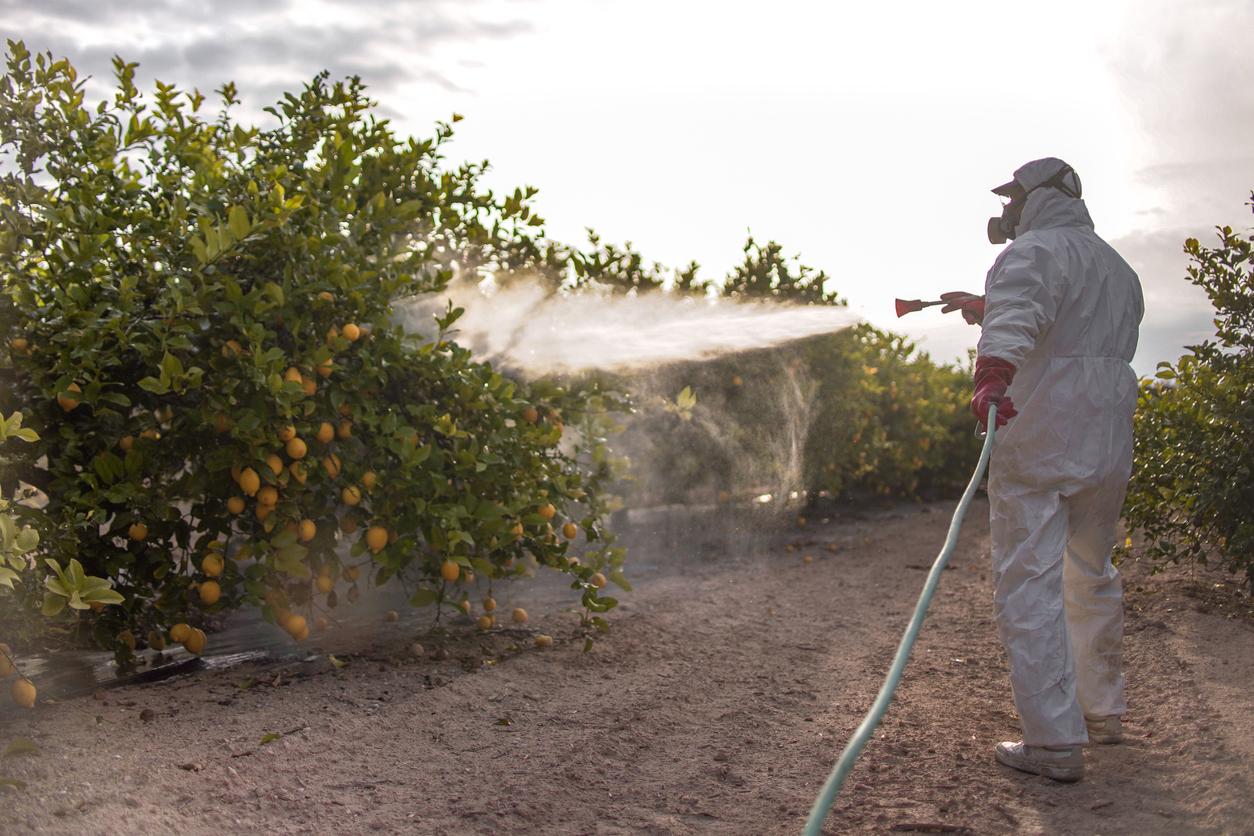In the Netherlands, the presence of fipronil has been detected in eggs sold for consumption at levels presenting a serious danger to health.

Pesticides, again and again. But this time, they are present on an unusual food: eggs. Hundreds of thousands of chicken eggs sold for consumption have been contaminated with fipronil, an insecticide used against lice, ticks, mites and fleas. The case arose in the Netherlands. The Dutch food and health safety organization NVWA recommends that you do not eat these eggs and throw them away immediately.
Fipronil is a chemical used in veterinary products. It is found in particular in anti-flea products for dogs and cats, but its use for the treatment of animals intended for the food chain, such as chickens, is strictly prohibited. It should never have been used on poultry.
“Serious danger to public health”
Indeed, the World Health Organization considers it as “moderately toxic” for humans. However, it was found in large quantities on certain batches. Earlier this week, the NVWA warned consumers who bought eggs with the code X-EN-40155XX, in which “the level of fipronil is so high that their consumption represents a serious danger to public health”.
Fipronil was introduced to poultry farms which had called on a Dutch company, Chickfriend, to carry out a treatment against the red louse, a parasite harmful to chickens. The number of farms affected by the contamination remains unknown to this day.
The producers hold the company responsible for this contamination. According to the Dutch agricultural and horticultural organization, quoted by the public radio and television station NOS, Chickfriend would have duped the breeders by mixing “the illicit substance with a licit product to increase its effectiveness”.
Belgium: the origin of the contamination?
However, according to the Dutch news agency ANP, the person responsible could actually be located in Belgium, a few kilometers from the border. The agency explains that Chickfriend acquired the pest control product Dega-16 from a company located in the Belgian municipality of Weelde, called Poultry-Vision. This is where fipronil could have been added illegally. A search took place a few days ago in the premises of Poultry-Vision. An investigation is underway, in collaboration with the Belgian authorities.
The consequences are still difficult to assess. Germany recalled earlier this week nearly a million eggs after discovering, at a packing and distribution point in North Rhine-Westphalia, the presence of the insecticide in some eggs. This Friday, the supermarket chain Aldi announced that it had withdrawn all its eggs from sale in all German regions. In the Netherlands, analyzes are underway. Affected producers must destroy all their eggs and farms are blocked.
According to the WHO, fipronil has deleterious effects on the kidneys, liver and thyroid. The insecticide was banned in France in 2004 because of its toxicity on bees, then reintroduced in 2007 by the European Commission for the treatment of seeds. Designed in 1993 by a French company, it is now owned by the German company BASF.
.















